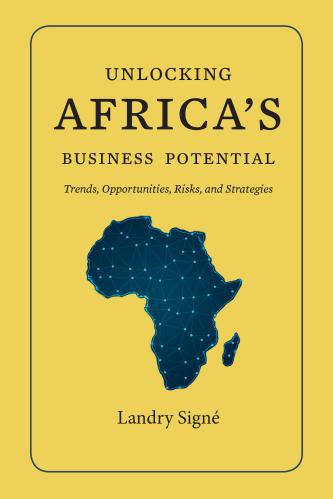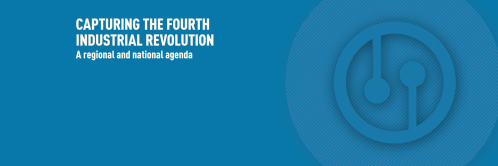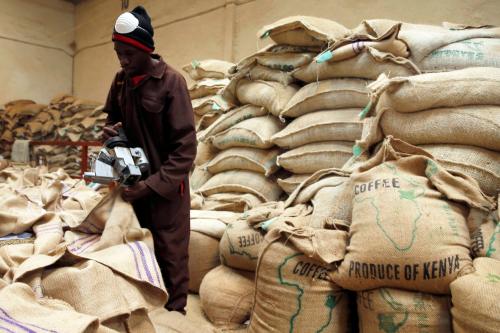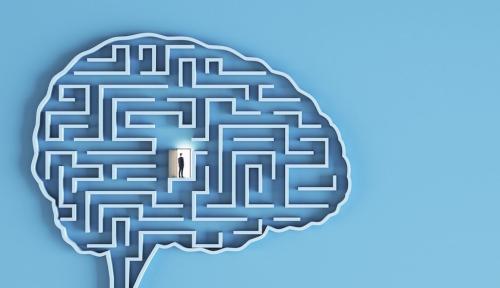The social and economic welfare of African citizens has already been hit hard by the coronavirus—though, in positive news, many countries are in the early stages of reopening. While the continent has a hard road ahead as it looks to recover, it also has the opportunity to create a recovery that features a more inclusive economy, more competitive industries, and more resilient services. Last month, McKinsey released a report titled, “Reopening and reimagining Africa: How the COVID-19 crisis can catalyze change,” which recommends policies aimed to help Africa do just that.
The report recommends using the pandemic as an opportunity to accelerate digital transformation across the continent. Figure 1 highlights a number of industries poised for swift growth in digitization following the pandemic. Among these, some are already relatively digitized, such as information and communication technologies (ICT), and finance and insurance. Others, however, are still relatively undigitized, such as the public sector, education, and retail trade. The report maps out a pathway to digital transformation driven by government policies and private sector transformation. Governments, for example, can guide the public sector into the digital age by facilitating affordable data and allowing banks to accept e-signatures.
Figure 1. The COVID-19 crisis could accelerate digital transformation in certain sectors
At the same time, the report argues, African enterprises may need to rethink their business models. Notably, it says that the nature of that innovation will depend on the dimensions of the disruption—the extent to which their business models have been disrupted and the depth and duration of the dip in demand (Figure 2).
Figure 2. Pathway to resilience depends on the dimensions of disruptions caused by COVID-19
As seen in Figure 2, the report recommends that businesses in sectors relatively unscathed by the virus weather the crisis, as it predicts that operations and demand will rebound quickly following these disruptions. Companies in sectors that have witnessed widespread disruptions to their business model will need to adapt that business model—for instance, by digitizing certain business processes—in order to survive. Industries that have experienced deep or prolonged disruptions to their business model will likely see a lot of restructuring and consolidation, though most of the latter will come from within the region due to a nearly worldwide aversion to risk.
Finally, the report argues that more extreme measures than business model innovation will be needed for those industries experiencing both a drop in demand and a disruption to their business model. Indeed, the authors of the report speculate that we may well see market incumbents acquire smaller companies with a technological prowess in order to undertake the requisite transformations.
To learn about how the countries of Africa can make the most of the Fourth Industrial Revolution more broadly, check out “The Fourth Industrial Revolution and digitization will transform Africa into a global powerhouse.” For further discussion on broad strategies for the transformation of African economies, consult “Industries without smokestacks: Constraints to growth.”










Commentary
Figures of the week: Coronavirus will push African businesses toward innovation and digitization
June 4, 2020